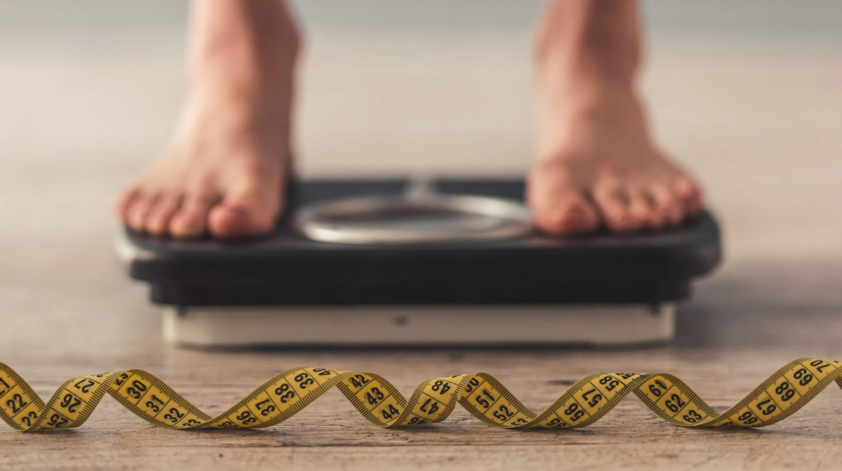Cue one big collective sigh of relief.
Of course you try your very best to stick to a relatively healthy diet and exercise plan. But some days, you’re bound to go overboard—after all, you’re only human. Perhaps it’s stressful at work and you just can’t stop munching; perhaps you had one too many G&T’s at happy hour and find yourself demolishing a pizza large enough to feed a family of six; or perhaps you’re so overtired that you double up on breakfast because your stomach feels like a bottomless pit.
Point is, everyone overindulges on occasion. But while it’s easy to freak out and think you “blew your diet,” don’t—because you didn’t. Patients past and present ask regularly, just how much weight you can realistically gain in one terrible, horrible, no good, very bad eating day. And it turns out, you’d have to take in a ridiculous amount of food to gain even just a pound of additional body fat in one day.
It’s virtually impossible to gain weight overnight, even if you really blew it with pizza, pasta and presseco. The reason comes down to calorie maths. Though it’s not 100 percent precise, the basic principle stands true: In order to gain weight, you’d have to eat 3,500 more calories than you typically eat and burn off to maintain your weight.
So let’s say you eat 2,000 calories per day on a normal day. You’d have to eat 3,500 additional calories, totalling 5,500 calories, to gain a single pound. And that’s without taking any physical activity into account.
So then, what does 3,500 calories look like, exactly? To get 3,500 more calories, you could eat your regular diet and then also have three glasses of wine (370 calories), two chicken wings (110 calories), some onion rings (340 calories), a portion of chips (290 calories), one burger with all the extras (860 calories), and a slice of chocolate cake (795 calories). That’s a lot of food—and you haven’t even hit the mark yet.
There’s even more scientific evidence that it’s pretty hard to gain real weight after one day of overeating, our patients typically say they gain five to ten pounds over the Christmas and New Year period, one of the best studies to date, published in the Journal of Medicine, found that, on average, most people gained just one pound. Fewer than 10 percent of the study participants actually gained more than five pounds over Christmas and New Year.
Of course, a bad diet day could leave you feeling incredibly bloated and just “ugh” the next day. The key is to course correct the next day; i.e., eat responsibly and get back to your fitness routine. This will help you to stop the real pounds from piling on.
So as you go into the New Year, don’t beat yourself up if you fall off the healthy eating wagon for a day. It’s a long term game. It’s okay if you love the occasional Italian, Indian or Chinese. Just don’t make a habit of it, and be sure to stay get some exercise.
Let your New Years resolution be; I will eat healthy and exercise most of the time.


